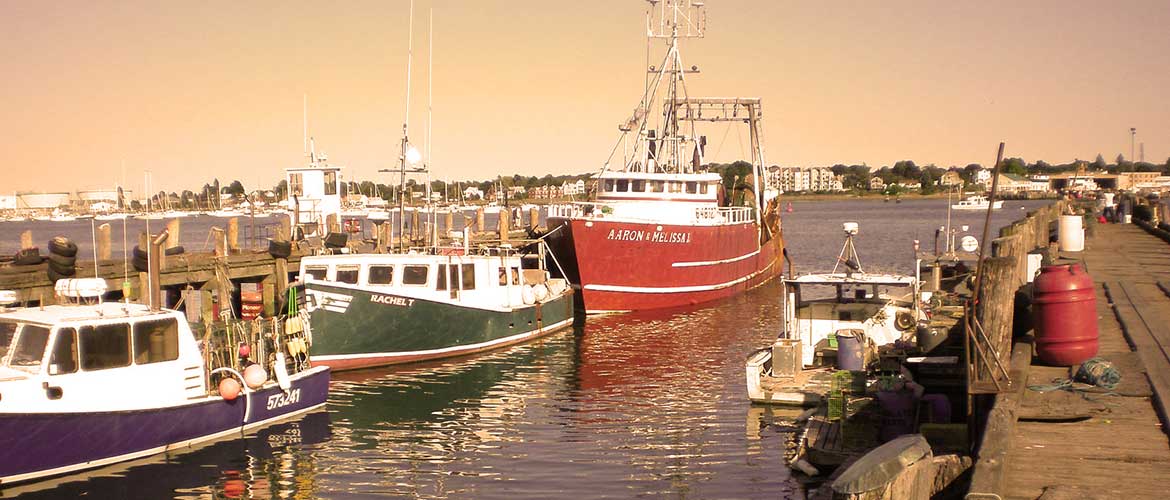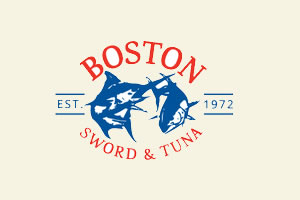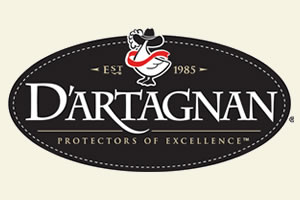

Sea Pact Highlights Q3 2024
The fully formatted original Sea Pact Update can be found here, this is just a small portion of news from their overall Q1 newsletter.
Funded Project Updates
It's an exciting time of year as two Sea Pact grantees recently completed their projects and shared their outcomes and lessons learned:
- Gulf of Maine Research Institute (GMRI): "Assessing Fisheries Habitat Value of Aquaculture Farms in the Gulf of Maine." Aquaculture plays a vital role in creating a diverse and resilient marine economy, yet it often grapples with challenges related to "social license" or the general community support needed for successful operations, facing resistance related to environmental concerns, competition from other marine resource users, and NIMBY-ism. In response to this challenge, GMRI's project sought to assess wild fish species habitat value of aquaculture infrastructure by combining environmental DNA (eDNA) analysis with underwater video footage collected from aquaculture sites. The GMRI research team gathered compelling evidence demonstrating that mussel rafts and other structures can provide critical summer habitat for eight wild species, including alewife, American eel, Atlantic menhaden, herring, mummichog, cunner, rock gunnel, and winter flounder. Their findings highlight potential positive impacts of aquaculture on local biodiversity while serving to further community support for aquaculture operations. Additionally, the project made strides in the application and validation of eDNA in open water systems, which has the potential to determine the historical presence of various species in specific areas and enhance understanding of species distribution and abundance in marine environments. GMRI's research has advanced scientific understanding of aquaculture site habitats while providing the aquaculture industry with preliminary data and tools to engage with communities and enhance its social license. Visit the project's profile page on the Sea Pact website to learn more.
- Seafood and Fisheries Emerging Technologies (SAFET): SAFET's mission is to ensure relevant emerging technology is accessible to seafood and fisheries stakeholders, to enable sustainable use of marine resources. SAFET's Sea Pact grant focused on connecting technology providers with users to address their specific needs, particularly by accelerating the adoption of electronic monitoring (EM) systems in fisheries, especially in developing regions. To do so, SAFET hosted a conference in Bali, Indonesia in 2023. The conference brought together over 200 stakeholders, including fishers, regulators, NGOs, technology providers, and others to discuss and learn about topics that included innovations in EM and electronic reporting, building resilience in coastal communities, and enabling emerging technologies. SAFET also established the Electronic Monitoring Community: Asia-Pacific (EMCAP) virtual platform to facilitates knowledge sharing and practical solutions for integrating EM systems into fisheries management in the Asia-Pacific region. Finally, SAFET launched a new platform last month called FISH-TECH-CONNECT to enhance broader stakeholder engagement through discussions, webinars, and resource sharing related to emerging technologies in fisheries and seafood. Key takeaways from SAFET's efforts highlight the importance of collaboration and communication in addressing industry challenges, promoting technology development, and ensuring user-driven solutions for successful implementation and impact. Learn more about the SAFET's project here and be sure to join SAFET's FISH-TECH-CONNECT platform to access helpful resources.
"These initiatives are great examples of Sea Pact-funded projects that align well with two of our current strategic priorities, supporting responsible aquaculture production and innovations in North America, and sector-based sustainability improvements in priority wild fisheries. We are thrilled to be able to share these outcomes publicly with other stakeholders" said Sam Grimley, Sea Pact's Executive Director. Be sure to check out the Sea Pact website for additional details on these and other projects supported by Sea Pact, and to learn more about upcoming Sea Pact funding opportunities.














